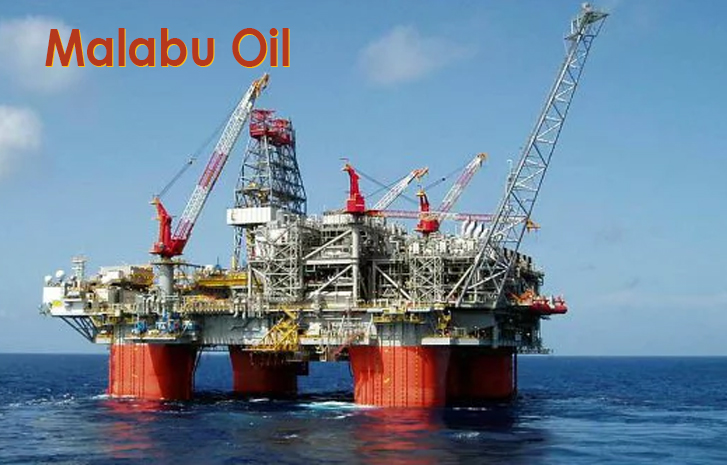A principal suspect in the controversial Malabu oil scandal, Wednesday, appeared as a witness before an Italian Court in Milan.
Abubakar Aliyu is alleged to have acted as a “middleman” for top officials of former President Goodluck Jonathan’s administration in the long-running controversy.
He is being questioned in Italy over his role in what had been described as one of Africa’s most controversial corrupt oil deal.
The Malabu scandal involved the transfer of about $1.1 billion by Shell and ENI through the Nigerian government to accounts controlled by Dan Etete, a former Nigerian petroleum minister. From accounts controlled by Mr Etete, about half the money ($520 million) went to accounts of companies controlled by Mr Aliyu, popularly known in Nigeria as the owner of AA oil.
Anti-corruption investigators and activists suspect he fronted for top officials of the Jonathan administration as well of officials of Shell and ENI.
The transaction was authorised in 2011 by President Jonathan through some of his cabinet ministers and the money was payment for OPL 245, one of Nigeria’s richest oil blocks.
Although Shell and ENI initially claimed they did not know the money would end up with Etete and his cronies, evidence has shown that claim to be false.
Shell, Eni, Etete, Aliyu and several officials of the oil firms are being prosecuted in Italy for their roles in the scandal.
During the trial in Italy yesterday, the prosecutors announced that an Italian lawyer who claimed to be acting for Aliyu visited them Wednesday asking for a new delay.
An anti-corruption campaigner who covered the trial, Barnaby Pace of UK Global Witness, however, said the lawyer was not present in court yesterday and that no written request was submitted.
But as proceedings commenced, Aliyu confirmed that he received the information regarding the charges against him.
He was, however, reminded he could choose not to answer questions as he could incriminate himself in the process.
The lawyer representing him later turned up in the Milan court. The Nigerian government also has a law observing the case in court.
Aliyu later asked for a delay in giving his testimony, and was supported by lawyers to some other defendants who claimed he was an important witness and that his new lawyers have not had time to review all the evidence.
Although Aliyu is was due to face charges in Italy for his roles in the Malabu oil deal, prosecutors were not able to serve papers on him until recently.
In their ruling yesterday, the judges noted that given the seriousness and complexity of the charges against Aliyu, a delay should be granted.
Given the scope of the charges and evidence against him, his new lawyers were subsequently given time to digest it.
The judges will offer a new date for the resumption of the trial.
Aliyu’s trial in Nigeria is being stalled because Nigeria’s anti-graft agency said he and other principal suspects have been on the run.
In March 2017, the Economic and Financial Crimes Commission, EFCC, filed fresh charges against him, along with Mohammed Adoke, a former Attorney General and Minister of Justice, and Dan Etete, a former Minister of Petroleum, for involvement in the $1.1 billion Malabu oil scandal.
They are being prosecuted alongside two international oil giants, Shell Nigeria Exploration Production Company, and ENI, as well as Malabu Oil & Gas Ltd, Rocky Top Resource Ltd, Imperial Union Ltd, Novel Properties & Dev. Co. Ltd, Group Construction Ltd, and Megatech Engineering Ltd.
Although Adoke has consistently claimed that he is being persecuted, he has declined to show up in Nigeria and face trial.
Last year, the EFCC said it had begun moves to extradite the former attorney general.
Although Mr Jonathan’s government brokered the deal in 2011, the former President is not facing trial over the case.

